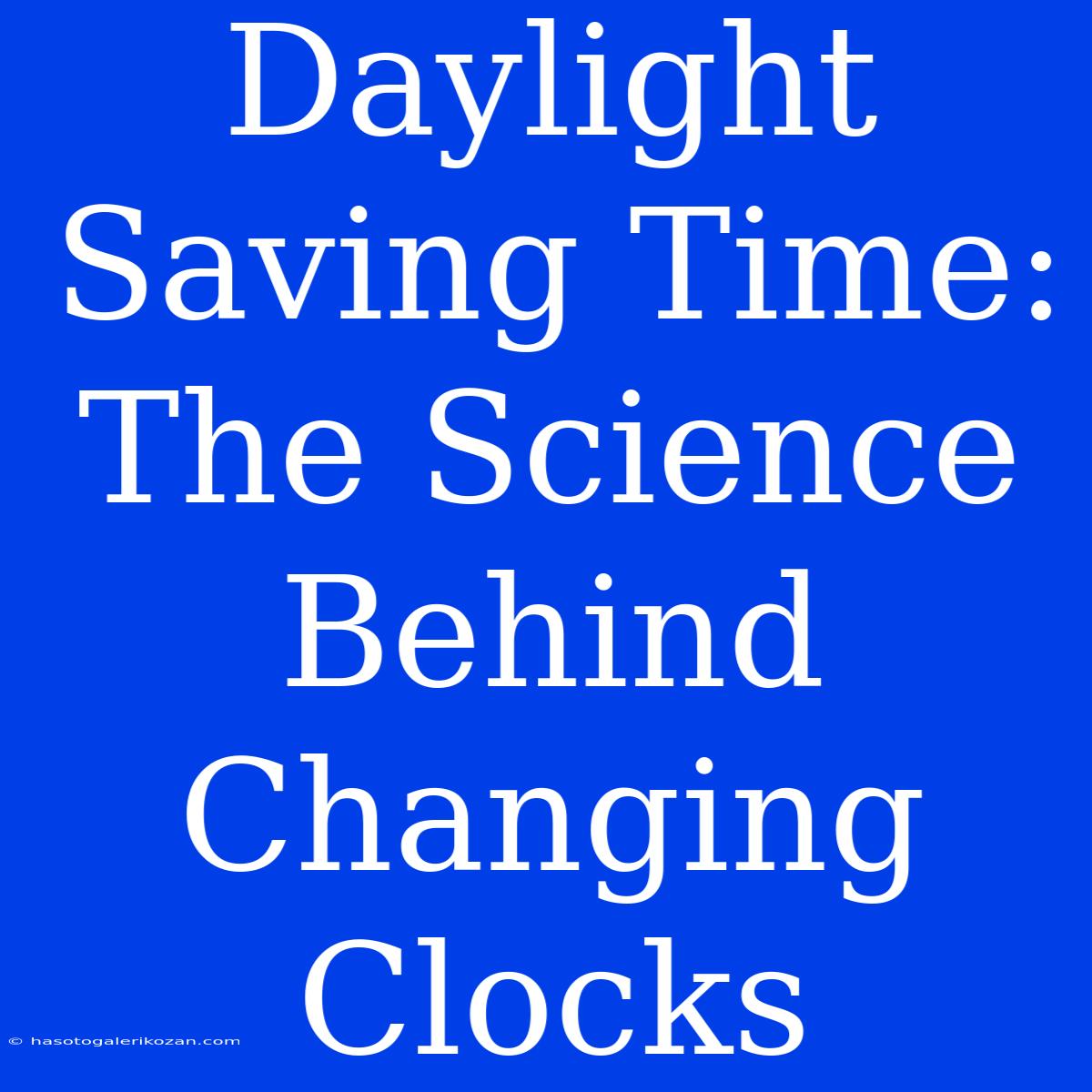Daylight Saving Time: The Science Behind Changing Clocks
Daylight Saving Time (DST), the annual practice of shifting clocks forward an hour in the spring and back an hour in the fall, has been a source of debate for decades. While some argue that it saves energy and boosts the economy, others contend that it disrupts sleep patterns and poses health risks. But what does science actually say about DST?
The Energy Savings Argument
The main argument in favor of DST is its purported ability to save energy. The idea is that by extending daylight hours into the evening, people will need less artificial lighting, thereby reducing energy consumption. However, studies have shown that this effect is minimal at best.
A 2008 study by the U.S. Department of Energy found that DST resulted in only a 0.5% reduction in electricity consumption, a negligible amount. Other studies have reached similar conclusions, indicating that the energy savings associated with DST are far outweighed by other factors, such as increased use of air conditioning in the summer months.
The Health Concerns
While the energy savings argument is questionable, the potential health risks associated with DST are more concerning.
Shifting the body's natural circadian rhythm can disrupt sleep patterns, leading to:
- Sleep deprivation: This can result in impaired cognitive function, increased risk of accidents, and a weakened immune system.
- Mood swings: Changes in sleep patterns can also affect mood, increasing the risk of depression and anxiety.
- Heart problems: Some studies suggest that the stress of adjusting to DST may contribute to an increased risk of heart attacks and strokes.
Furthermore, a 2017 study published in the journal "Current Biology" found that even a small shift in sleep patterns, such as that caused by DST, can have a significant impact on the gut microbiome, which plays a crucial role in overall health.
The Economic Impact
While DST may offer a marginal benefit in terms of energy savings, its economic impact is far more complex. Some argue that DST boosts the economy by encouraging people to spend more time outdoors and participate in leisure activities. However, others contend that DST disrupts work schedules and productivity, particularly for industries with shift workers.
A 2018 study by the RAND Corporation found that DST had a small but positive impact on the U.S. economy, primarily due to increased retail sales and tourism. However, the study also noted that DST had a negative impact on certain sectors, such as transportation and agriculture.
Conclusion
The science behind Daylight Saving Time is far from conclusive. While some studies have shown minor benefits in terms of energy savings and economic activity, the potential health risks, particularly with regard to sleep disruption, cannot be ignored.
Ultimately, the decision to adopt or abolish DST is a complex one that involves weighing the potential benefits and drawbacks. As our understanding of the impacts of DST continues to evolve, it is essential to engage in an informed and evidence-based discussion about this controversial practice.
